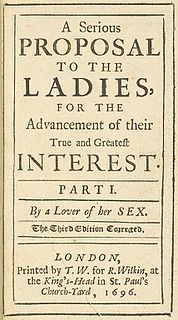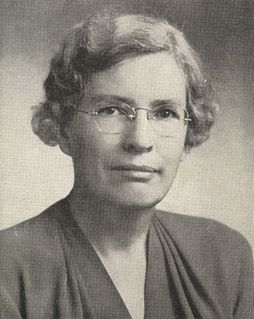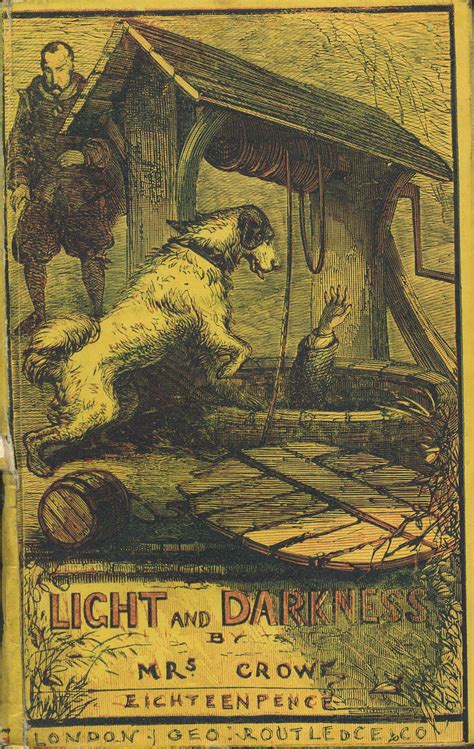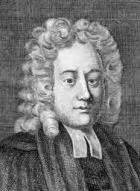A Quote by Henry David Thoreau
Whether he sleeps or wakes,--whether he runs or walks,--whether he uses a microscope or a telescope, or his naked eye,--a man never discovers anything, never overtakes anything, or leaves anything behind, but himself. Whatever he says or does, he merely reports himself. If he is in love, he loves; if he is in heaven, he enjoys; if he is in hell, he suffers. It is his condition that determines his locality.
Related Quotes
For my part I think the Learned, and Unlearned Blockhead pretty equal; for 'tis all one to me, whether a Man talk Nonsense, or unintelligible Sense, I am diverted and edified alike by either; the one enjoys himself less, but suffers his Friends to do it more; the other enjoys himself and his own Humour enough, but will let no body else do it in his Company.
The man who fears to be alone will never be anything but lonely, no matter how much he may surround himself with people. But the man who learns, in solitude and recollection, to be at peace with his own loneliness, and to prefer its reality to the illusion of merely natural companionship, comes to know the invisible companionship of God. Such a one is alone with God in all places, and he alone truly enjoys the companionship of other men, because he loves them in God in Whom their presence is not tiresome, and because of Whom his own love for them can never know satiety.
The love of a Sage for his fellows likewise finds expression amongst mankind. Were he not told sop, he would not know that he loved his fellows. But whether he knows it or whether he does not know it, whether he hears it or whether he does not hear it, his love for his is without end, and mankind cease not to repose therein.
I would not have said anything about Mr. Trump, never - I would never have said anything if he didn't call himself a Christian. It'd be none of my business whatsoever to make any comments about his language, his vulgarities, his slander of people, but I was deeply troubled ... that here's a man who holds up a Bible one day, and calls a lady "bimbo" the next.
A man never is happy, but spends his whole life in striving after something which he thinks will make him so; he seldom attains his goal, and when he does, it is only to be disappointed; he is mostly shipwrecked in the end, and comes into harbor with mast and rigging gone. And then, it is all one whether he has been happy or miserable; for his life was never anything more than a present moment always vanishing; and now it is over.
The average man votes below himself; he votes with half a mind or a hundredth part of one. A man ought to vote with the whole of himself, as he worships or gets married. A man ought to vote with his head and heart, his soul and stomach, his eye for faces and his ear for music; also (when sufficiently provoked) with his hands and feet. If he has ever seen a fine sunset, the crimson color of it should creep into his vote. The question is not so much whether only a minority of the electorate votes. The point is that only a minority of the voter votes.
A man who finds himself among others is irritated because he does not know why he is not one of the others. In bed next to a girl he loves, he forgets that he does not know why he is himself instead of the body he touches. Without knowing it, he suffers from the mental darkness that keeps him from screaming that he himself is the girl who forgets his presence while shuddering in his arms.



































